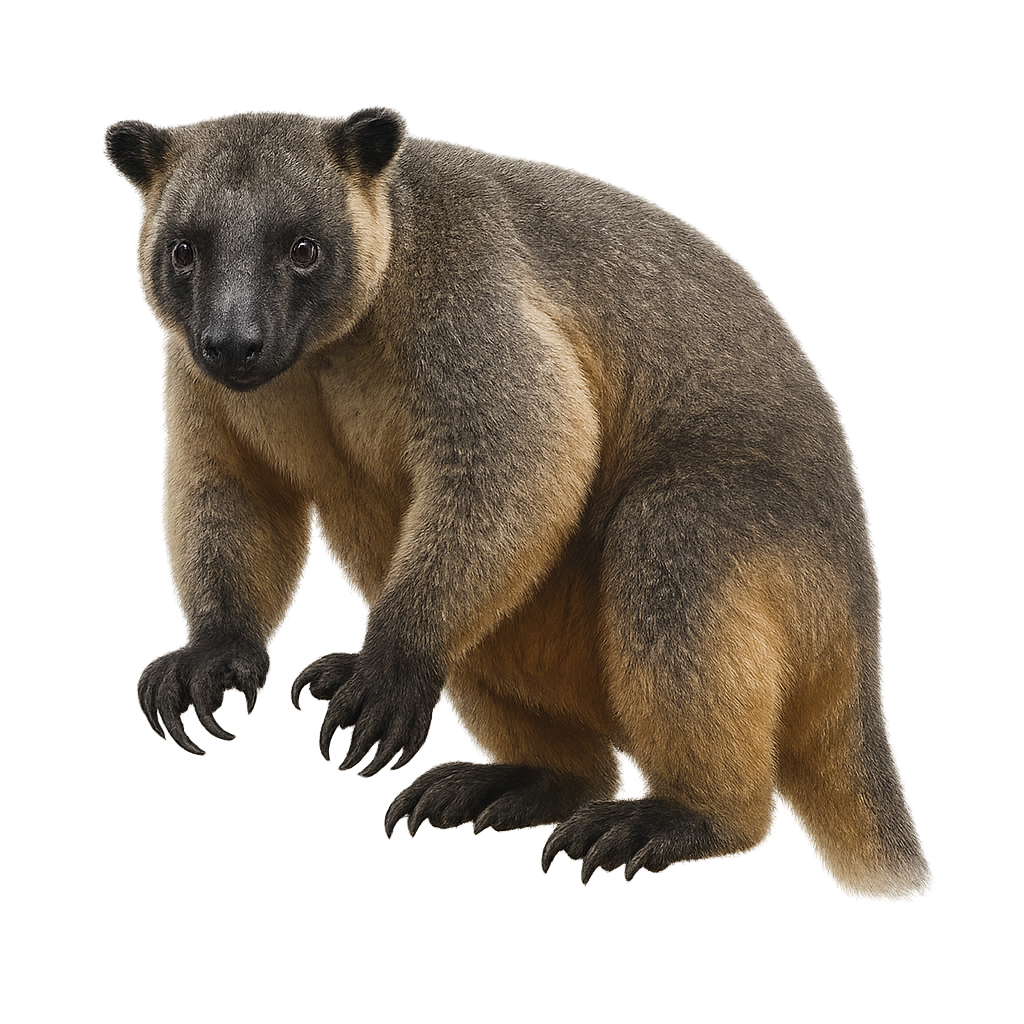Your wildlife photography guide.
Explore the lumholtz's tree kangaroo in detail, study its behavior, prepare your shots.
Where to observe and photograph the lumholtz's tree kangaroo in the wild
Learn where and when to spot the lumholtz's tree kangaroo in the wild, how to identify the species based on distinctive features, and what natural environments it inhabits. The WildlifePhotographer app offers tailored photography tips that reflect the lumholtz's tree kangaroo’s behavior, helping you capture better wildlife images. Explore the full species profile for key information including description, habitat, active periods, and approach techniques.
Lumholtz's Tree Kangaroo
Scientific name: Dendrolagus lumholtzi

IUCN Status: Near Threatened
Family: MACROPODIDAE
Group: Mammals
Sensitivity to human approach: Very shy
Minimum approach distance: 10 m
Rut period: February to May
Gestation: 21-24 jours
Births: February to June
Habitat:
Tropical rainforests, montane forests
Activity period :
Mainly active at night, generally discreet during the day.
Identification and description:
The Lumholtz's Tree Kangaroo is an arboreal marsupial native to the rainforests of northeastern Australia. It is known for its ability to climb and leap between trees, aided by its strong limbs and long tail, which acts as a counterbalance. Its fur is typically dark brown on the back and lighter on the belly, providing camouflage in its habitat. It primarily feeds on leaves, fruits, and flowers. Although mostly nocturnal, it can occasionally be seen during the day. Its population is stable but vulnerable to deforestation and climate change.
Recommended lens:
400 mm – adjust based on distance, desired framing (portrait or habitat), and approach conditions.
Photography tips:
To photograph the Lumholtz's Tree Kangaroo, it is advisable to use a telephoto lens of at least 400mm to capture sharp images from a distance without disturbing the animal. Look for areas where trees are dense, as these kangaroos often move in the canopy. Be patient and watchful for movements in the trees, especially at dusk or dawn. Use a tripod to stabilize your camera and adjust your settings for low-light conditions.
From knowledge to field practice
A species profile helps you understand an animal. In the field, the challenge is often different. Remembering your own observations.
The WildlifePhotographer app allows you to:
• record your personal observations
• note locations, dates, and behaviors
• revisit your field references over time
• build a private and long-term field logbook
The app does not provide observation locations.
It helps you organize what you actually observe, with respect for wildlife.

